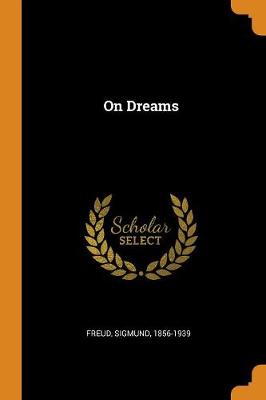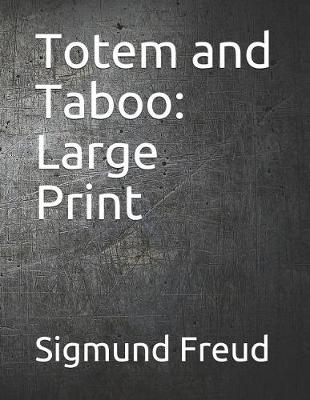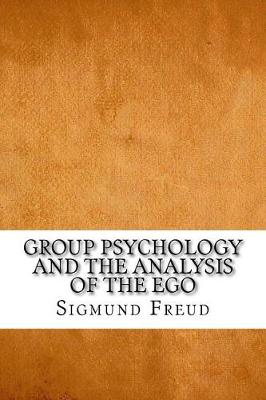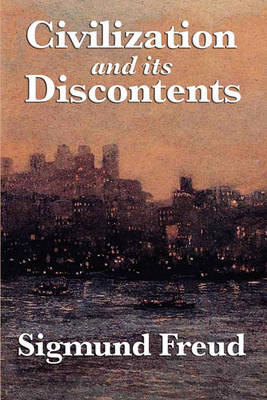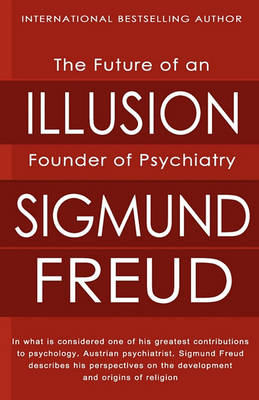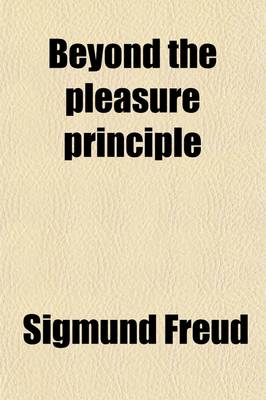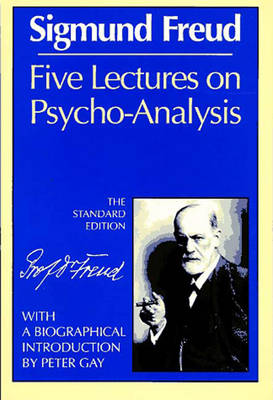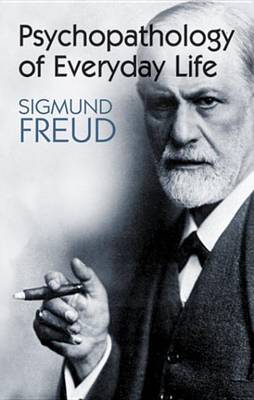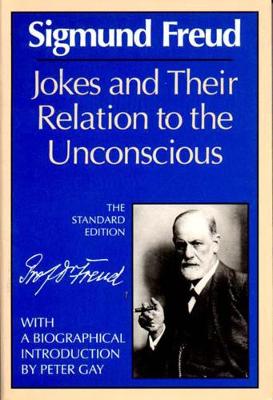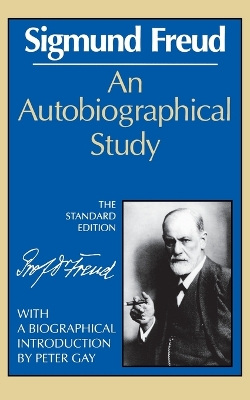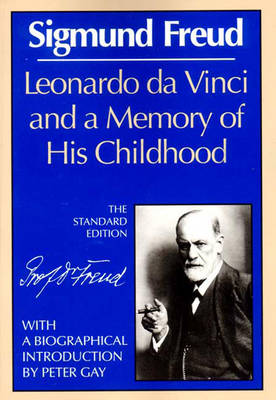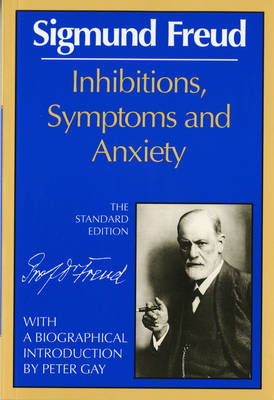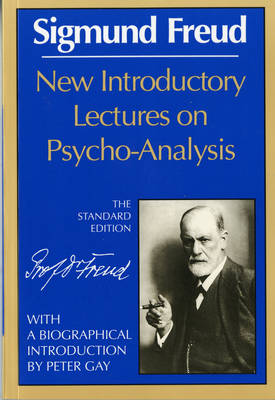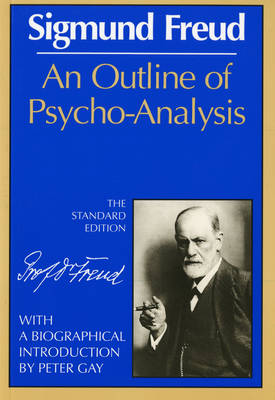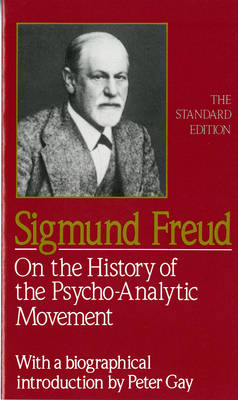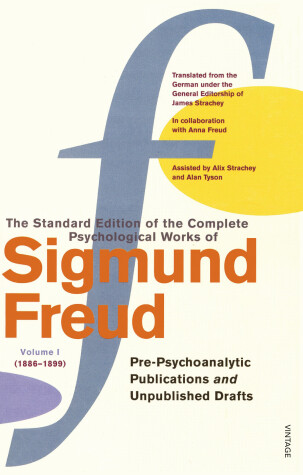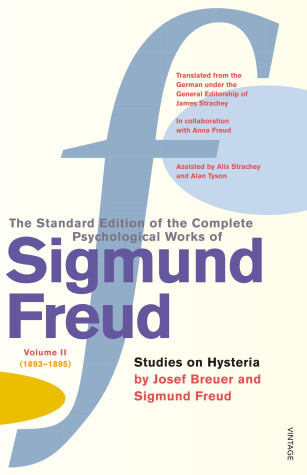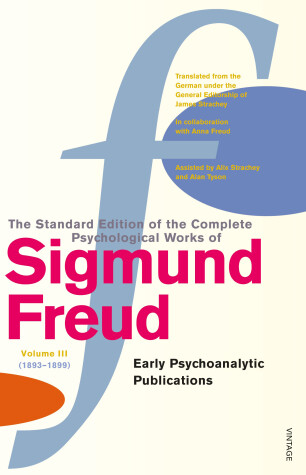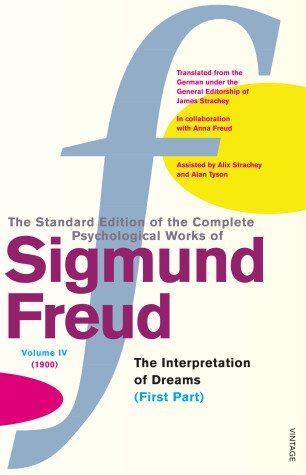Complete Psychological Works of Sigmund Freud
39 primary works
Book 0
Book 0
Primitive societies and the individual, he found, mutually illuminate each other, and the psychology of primitive races bears marked resemblances to the psychology of neurotics. Basing his investigations on the findings of the anthropologists, Freud came to the conclusion that totemism and its accompanying restriction of exogamy derive from the savage’s dread of incest, and that taboo customs parallel closely the symptoms of compulsion neurosis. The killing of the “primal father” and the consequent sense of guilt are seen as determining events both in the tribal pre-history of mankind, and in the suppressed wishes of individual men.
Both totemism and taboo are thus held to have their roots in the Oedipus complex, which lies at the basis of all neurosis, and, as Freud argues, is also the origin of religion, ethics, society, and art.
Book 0
Book 0
Book 0
Book 0
Of the various English translations of Freud's major works to appear in his lifetime, only one was authorized by Freud himself: The Standard Edition of the Complete Psychological Works of Sigmund Freud under the general editorship of James Strachey.
Freud approved the overall editorial plan, specific renderings of key words and phrases, and the addition of valuable notes, from bibliographical and explanatory. Many of the translations were done by Strachey himself; the rest were prepared under his supervision. The result was to place the Standard Edition in a position of unquestioned supremacy over all other existing versions.
Book 0
Freud approved the overall editorial plan, specific renderings of key words and phrases, and the addition of valuable notes, from bibliographical and explanatory. Many of the translations were done by Strachey himself; the rest were prepared under his supervision. The result was to place the Standard Edition in a position of unquestioned supremacy over all other existing versions.Newly designed in a uniform format, each new paperback in the Standard Edition opens with a biographical essay on Freud's life and work -along with a note on the individual volume-by Peter Gay, Sterling Professor of History at Yale.
Book 0
Freud approved the overall editorial plan, specific renderings of key words and phrases, and the addition of valuable notes, from bibliographical and explanatory. Many of the translations were done by Strachey himself; the rest were prepared under his supervision. The result was to place the Standard Edition in a position of unquestioned supremacy over all other existing versions.
Newly designed in a uniform format, each new paperback in the Standard Edition opens with a biographical essay on Freud's life and work —along with a note on the individual volume—by Peter Gay, Sterling Professor of History at Yale.
Book 0
Book 0
Book 0
Book 0
Book 0
Book 0
Book 0
Book 0
Book 1
The Complete Psychological Works of Sigmund Freud, Volume 1
by Sigmund Freud
Pre-Psycho-Analytic Publications and Unpublished Drafts (1886 - 1899)
This collection of twenty-four volumes is the first full paperback publication of the standard edition of The Complete Psychological Works of Sigmund Freud in English
Includes:
'Hysteria' (1888)
Papers on Hypnotism and Suggestion (1888-1892)
Extracts from the Fliess Papers (1892-1899)
Project for a Scientific Psychology (1895)
Book 2
This collection of twenty-four volumes is the first full paperback publication of the standard edition of The Complete Psychological Works of Sigmund Freud in English
Includes:
On the Pyschical Mechanism of Hysterical Phenomena: A Preliminary Compunction (1893)
Case Histories: Anna O., Emmy von N., Lucy R., Katharina, Elisabeth von R.
Theoretical Essays (by Josef Breuer)
The Psychotherapy of Hysteria
Book 3
The Complete Psychological Works of Sigmund Freud, Volume 3
by Sigmund Freud
Early Psycho-Analytic Publications (1893 - 1899)
This collection of twenty-four volumes is the first full paperback publication of the standard edition of The Complete Psychological Works of Sigmund Freud in English
Includes:
On the Psychical Mechanism of Hysterical Phenomena: A Lecture (1893)
The Neuro-Psychoses of Defence (1894)
Obsessions and Phobias: Their Psychical Mechanism and their Aetiology (1894)
Sexuality in the Aetiology of the Neuroses (1898)
The Physical Mechanism of Forgetfulness (1898)
Screen Memories (1899)
Book 4
